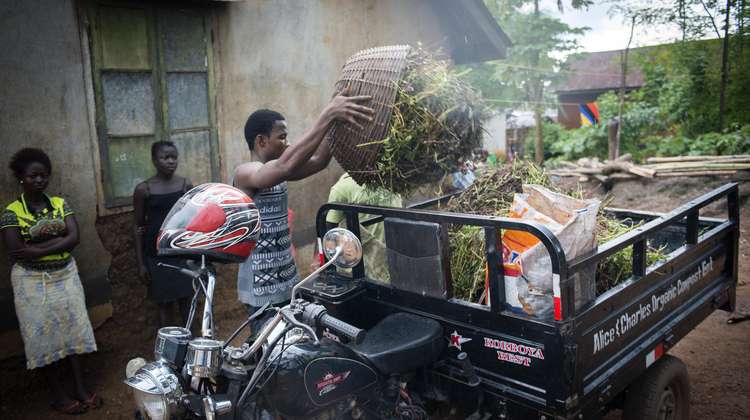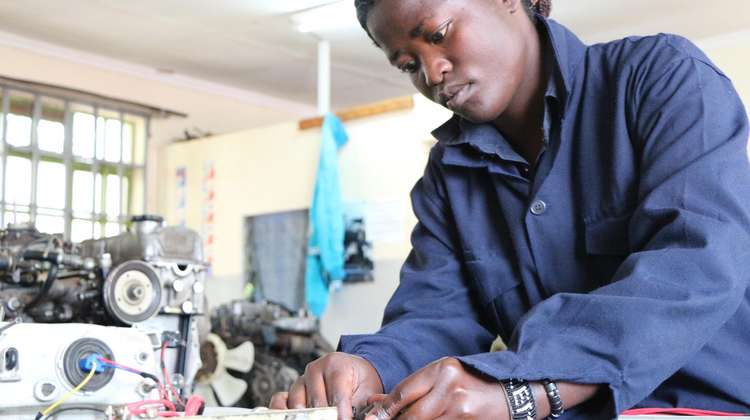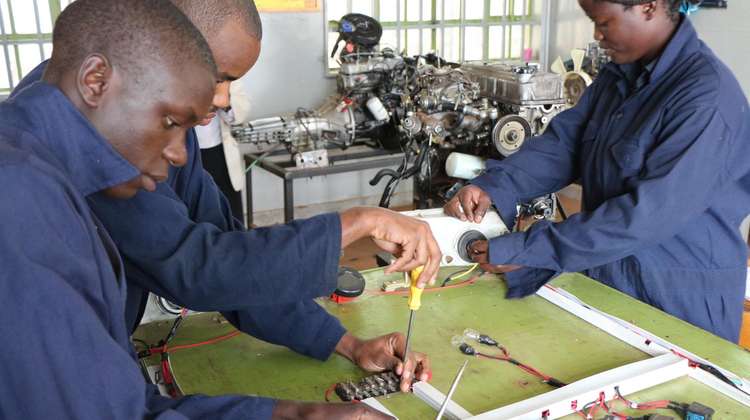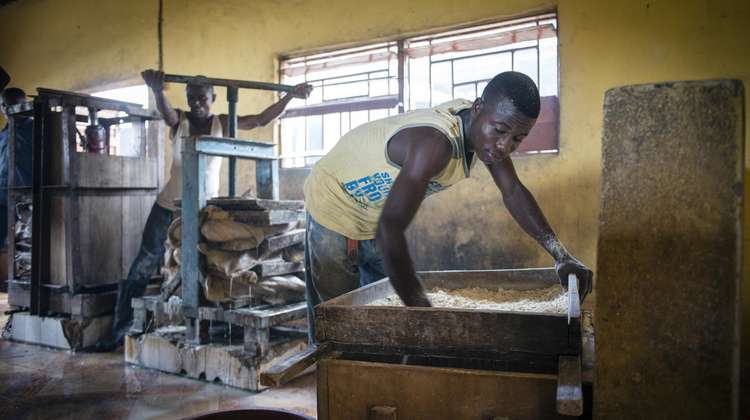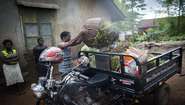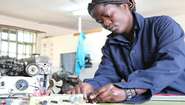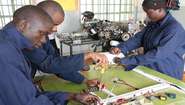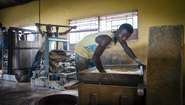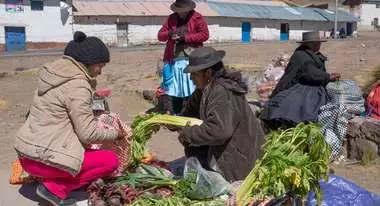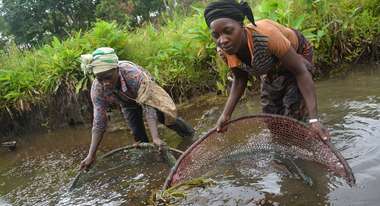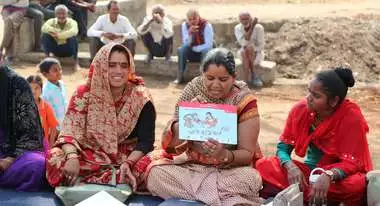Africa’s rural regions offer new job prospects.
Angela Merkel opens Africa conference
Welthungerhilfe: “Opportunities are not being used”
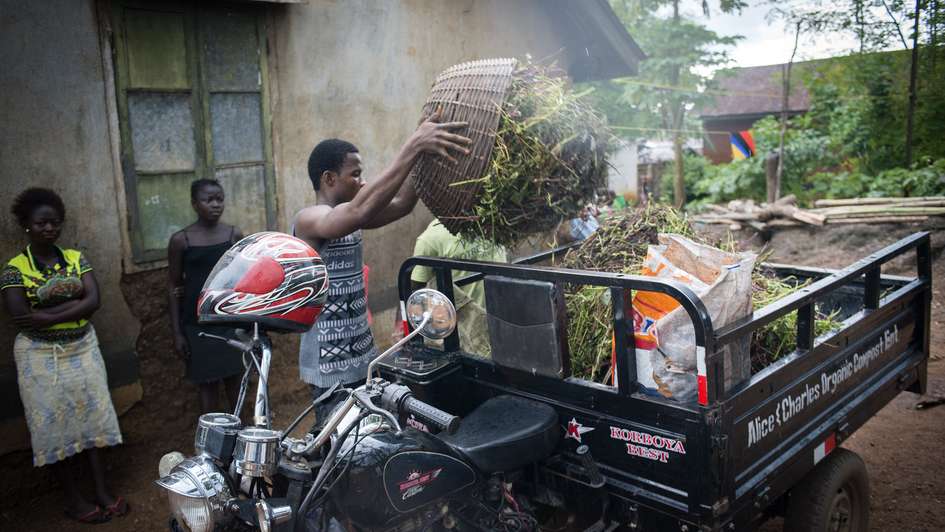
Today is the start of the Berlin international conference on the “G20 Africa Partnership” with participants from the G20 countries, African countries, international organisations and investors. Through a “Compact with Africa” there is to be a strengthening of the framework conditions in African states for the promotion of private investments and investments in infrastructure. Welthungerhilfe is critical of the fact that the intended partnerships are not aligned with the existing United Nations sustainable development goals, the Agenda 2030.
Welthungerhilfe welcomes the strong commitment of the German G20 presidency to raise Africa on the G20 agenda. It is also convinced that economic reforms and improvement in the investment climate are necessary to enable long-term sustainable development and thereby an efficient fight against hunger in African countries. “To successfully fight hunger, however, the focus cannot only be on investment partnerships. That would be a wasted opportunity. The development of rural areas must take priority, as this is still where three-quarters of all hungry people live. The future of Africa will be decided in the countryside,” emphasises Bärbel Dieckmann, president of Welthungerhilfe.
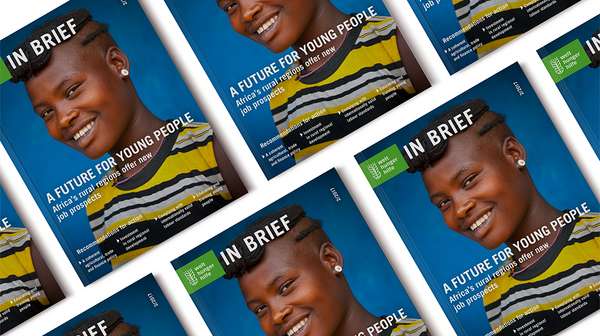
“The Compact with Africa” should not be seen, however, as an opportunity to quickly resolve the causes of flight and migration. The countries with the most refugees in Africa count as fragile states and are not the focus of the partnership. In order to effect actual development processes, there is an urgent need for investment in education and training, as well as a strategy to ensure the nutrition of the growing population. In addition, private and public investments must be bound by social, environmental and human rights standards, as well as the more reliable G20 countries' framework conditions for trade and investments in Africa.
Welthungerhilfe is one of the largest private aid organisations in Germany; politically independent and non-denominational. It is fighting for ‘Zero Hunger by 2030’. Since its establishment, more than 8,500 overseas projects in 70 countries have been supported with 3.27 billion euros. Welthungerhilfe works on the basic principle of help for self-help: from rapid disaster relief to reconstruction and long-term development cooperation projects with national and international partner organisations.





